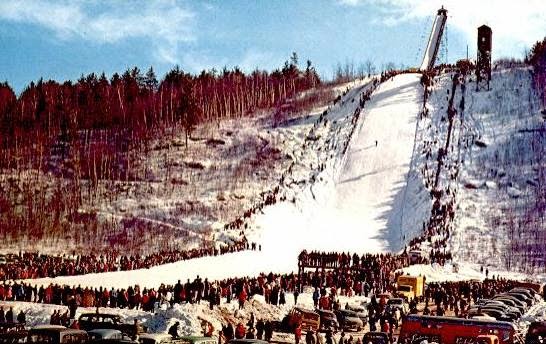CHRIST IN WINTER: Reflections on Faith from a Place of
Winter for the Years of Winter… ©
Sometimes I’m tired, and so I
just sit and do nothing. That’s very hard for me. As a child, I was taught that
I should always be doing something, something to make a contribution. I learned
that lesson well.
I grew up on a hardscrabble
farm. There was basic electricity in the house, but not in the barn. There we
had to use a kerosene lamp on short winter days to milk and feed both morning
and evening. That meant installing and trimming the wick and keeping the
kerosene reservoir filled.
We had no indoor plumbing of
any kind, so we had to carry in cistern water for washing and well water for
drinking and cooking. When the well went dry, as it usually did in the summer,
I walked the quarter-mile to and from Homer and Hazel Heathman’s well, a bucket
in each hand. When water had been used, it had to be carried back out again, in
different buckets than those used for carrying it in.
We cooked and heated with
wood and coal, which meant splitting logs and kindling into different piles,
carrying in wood and coal, different buckets for small coal for the kitchen
range and big lumps for the Warm Morning heating stove. Of course, there was
shaking down the ashes and carrying them out, and cleaning stove pipes and
taking them down in the spring and putting them back up again in the fall.
There was milking and feeding
and birthing and weaning and gathering and plowing and haying and planting and
hoeing and picking and shucking and grinding and canning and butchering and
churning and laundering.
Oh, and carrying the night
pot to the outhouse. As the oldest boy in the family, I was expected always to
use the outhouse directly, rain or shine, night or day, hot or cold, but I had
to carry out the pot the women and children used. That really galled!
There was not a single moment
to rest. There was so much to do, you knew that there was always another job
right after whatever you were doing. Regardless of how tired you were, there
was always something else to do.
Then I dropped out of high
school and worked in a factory. There was a foreman and a line leader and an
efficiency engineer. Their job was to remind me that I was always supposed to
be doing something.
Nobody at university looked
over my shoulder, but I learned that if I did not keep busy all the time, I
would not make it. I worked and went to college at the same time. If there were
a ten minute break in the schedule, I grabbed a text book and read. You had to
use every minute.
I recall seeing photographs
of young Negroes, as African-Americans were called then, doing a sit-in. I knew
they were college students, because as they sat there, waiting for the police
to come and bash in their heads and arrest them, they were reading the same
books that I was reading. As a student, you could never afford to drop behind
in your class-work, even as you tried to confront evil in its own back yard.
Then we had children! And
jobs. There was never a break. If you weren’t doing something, you at least had
to be thinking about doing something. If you got tired, so what? You had to
keep on keeping on.
Now, though, if I get tired,
I just sit and do nothing. I don’t think anything, either. I look. I listen. I
wait. The tiredness will pass after a while. Then I’ll do something. Right now,
though, I’ll just sit here. That’s okay.
It’s sort of like the grace
that Paul Tillich talked about in his famous sermon on acceptance. Right now,
all you have to do is accept God’s acceptance. If later God asks something of
you, do it. Right now, though, just accept that you are accepted.
JRMcF
johnrobertmcfarland@gmail.com
Following the critical and marketing success of her first
Young Adult novel, daughter Katie Kennedy’s Learning
to Swear in America, is What Goes Up,
a July 18, 2017 release. She is published by Bloomsbury, which also
publishes lesser known but promising young authors, like JK Rowling.
Speaking of writing, my most recent book, VETS, about four homeless and
handicapped Iraqistan veterans, is available from Amazon, Barnes & Noble,
BOKO, Powell’s, etc. It’s published by Black Opal Books.
